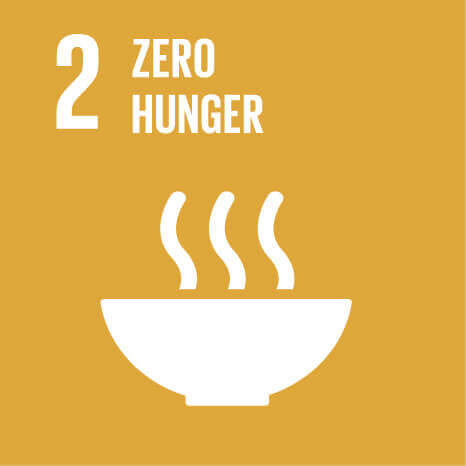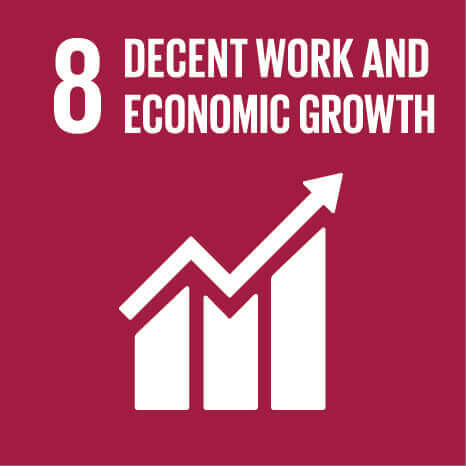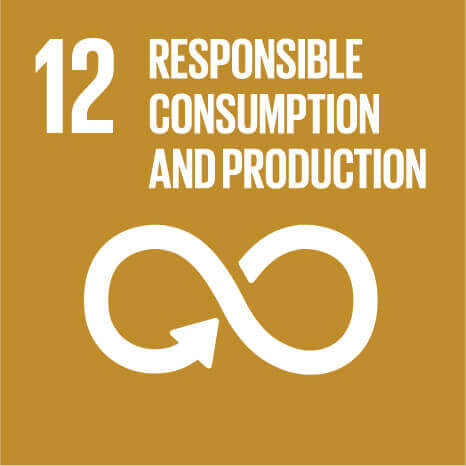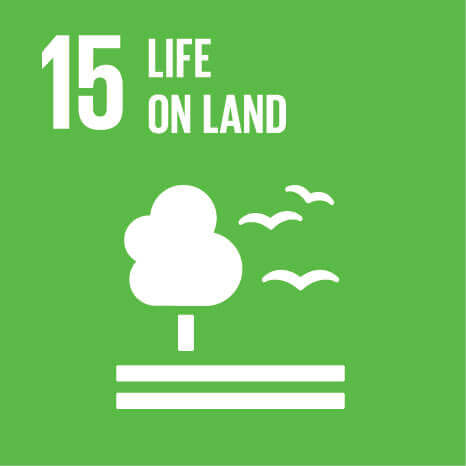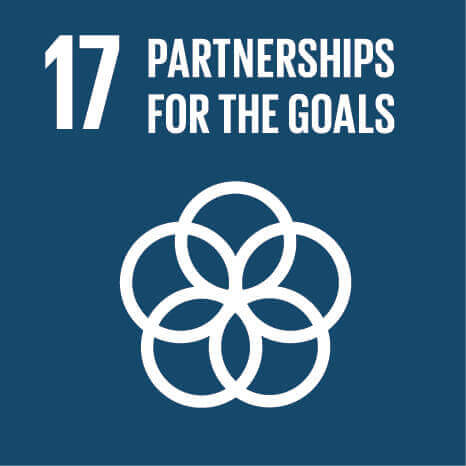Overview
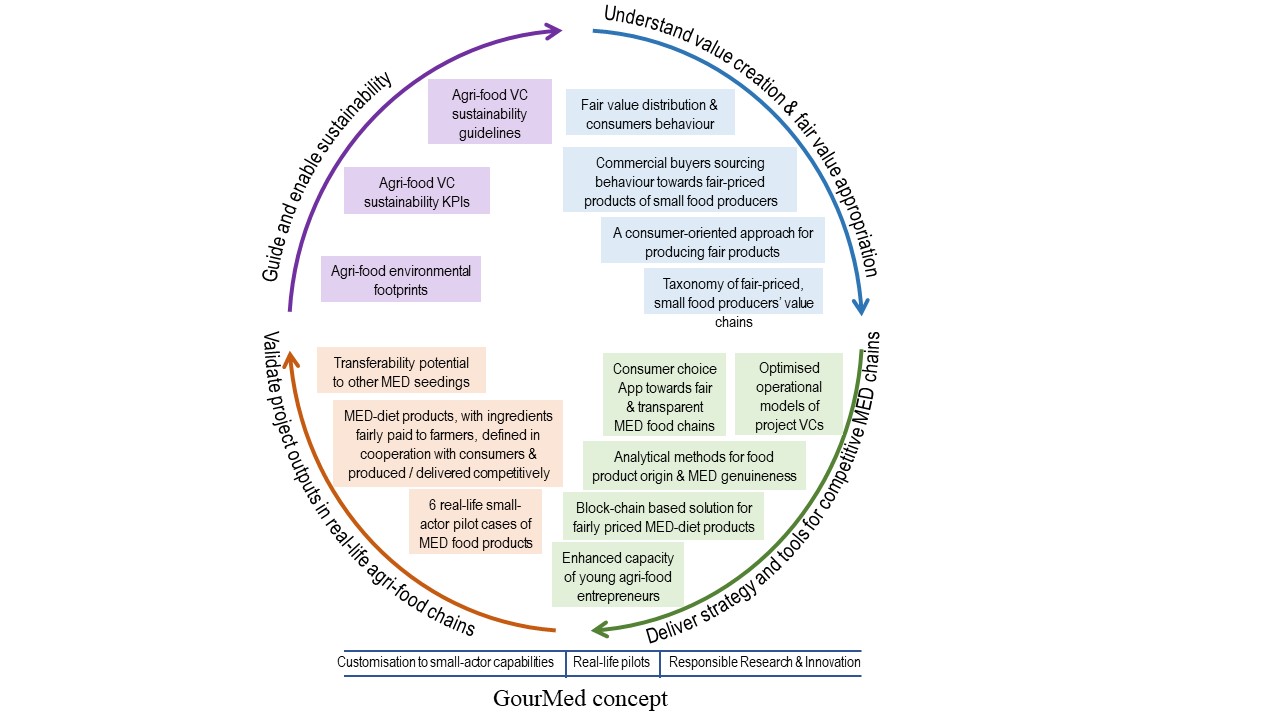
GourMed has gathered a multidisciplinary team, able to establish promising research results, merging different approaches and viewpoints
The Consortium consists of organisations and VC actors from 6 countries, including 3 Research Centres, 3 Universities, with the support of 6 SMEs (clustering a large number of small farmers), bringing altogether complementary knowledge (i.e. supply chain, R&D, food systems) with a demonstrated track record of success and consistent relationships with national and international stakeholders. Most partners already collaborated in previous EU and National projects. The GourMed team will work collaboratively following a conceptual approach structured around five pillars and three horizontal facilitators.
The project conceptual pillars are: understand value creation & fair value appropriation in small-actor food value chains; (ii) deliver a strategy and tools for increasing the competitiveness of MED agri-food chains; (iii) test and validate the project outputs in real-life conditions; (iv) provide guidelines and criteria enabling sustainable MED agri-food chains.
Furthermore, the project’s successful completion will be facilitated by: (i) a number of real-life small-actor food value chains across the Mediterranean, to serve as case studies throughout the project; (ii) the development of project solutions considering not only the needs but, equally important, the capabilities of small food actors to adopt them; (iii) the adoption of a Responsible Research and Innovation (RRI) approach coupled with open innovation, to align project progress and outcomes with societal values, needs & expectations.
The project covers the whole spectrum from TRL2 to TRL8, with its technological outputs (tools) expected to reach TRL7-8.
Goals: The GourMed project works towards achieving the adoption of technological and organisational innovations for quality and sustainability among Mediterranean firms results to be very low especially with reference to Small and Medium Enterprises (SMEs), which are a significant economic and employment driver in the area.
Objectives: The project has 6 main objectives: 1) Understand value creation & fair value appropriation in small-actor food value chains 2) Optimise governance & operational models of agri-food supply chains 3) Deliver tools to increase the competitiveness of MED agri-food chains 4) Implement and use real-life pilots to assess project impacts and validate outputs 5) Provide guidelines and criteria enabling sustainable Mediterranean agri-food chains 6) Enhance the managerial and innovation capacity of young agri-food entrepreneurs
Impact Pathway: In order to achieve its goal, the project will follow a path that includes (1) understanding value creation & fair value distribution, through the definition of fair product's attributes from a consumer and producer perspective and the analysis and qualitative assessment of fair business models and technologies on product characteristics and and price functions, (2) optimizing Business Model and Technology Tool Adoption Decisions, within the use of quantification methods for the technology correlations with the product fairness attributes, (3) demonstrating and assessing the impacts on real pilots around the Mediterranean area and (4) building the capacity of MED agri-food chains and exploit the project's results, through the development of a guidebook for sustainable and resilient agri-food VC development and the Capacity Building courses for fair BM and innovative technology integration to agri-food VCs.
Sustainable Development Goals Contribution:
